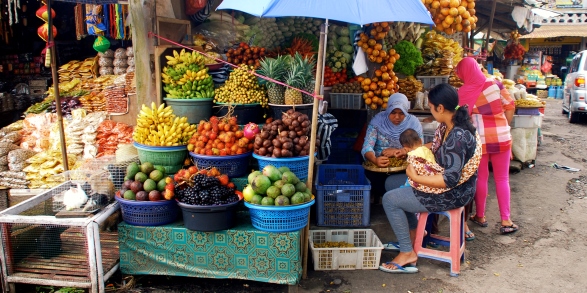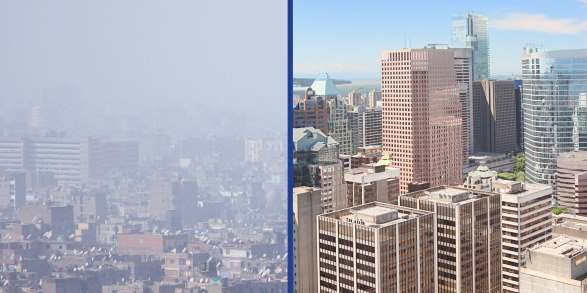With violence flaring in the Middle East, the Arab Spring seems like a distant wilted dream. Yet, some green shoots have sprouted.
economic freedom
The presidents of Guatemala, Honduras, and El Salvador just visited U.S. President Barack Obama to urge him to change course in combatting the flood of illegal immigrants into the United States.
With the recent Russian-inspired tragedies in eastern Ukraine and the war between Israel and Hamas in Gaza, much of the world is understandably focused on those regions. But another continent, Asia, is worth watching, particularly Chinese government action vis-à-vis Hong Kong.
Napoleon famously cautioned against interfering with an enemy making a mistake. So why is the West interfering with Vladimir Putins massive mistake in Crimea? More puzzling is the Wests unstated goal of legitimizing Putins Crimea grab.
Putins mistake? Some in the media are lionizing Putin as a strategic genius, running circles around the West. Yet, Putin could have gotten Crimea with a please-and-thank-you and looked like a humanitarian hero. Instead, hes viewed as a threatening thug, with long-term negative consequences for Russia.
Let's play a game of guess-who. Name the country where 80,000 people have been killed in a brutal conflict pitting a weak central government against powerful warlords; civil authorities regularly quit or join up with the warlords; and entire towns have been depopulated as the sides vie for control. It may sound like Yemen, Iraq or Afghanistan, but this country is a NAFTA neighbour.
To optimists, the arrest in Mexico this week of the world's most wanted drug lord, Joaquin El Chapo Guzman, and Mexicos bloody drug war generally, are proof that the Mexican government is standing up to the cartels. But pessimists look at Mexico and see a failing state on Americas border.
More than 80,000 people have been killed in Mexicos brutal conflict, with the victims beheaded, shot, tortured and worse. Civil authorities regularly quit or join up with the warlords, and entire towns have been depopulated as government forces and warlords vie for control.
Over fifty years, observers have become inured to troubling reports of Atlantic Canada's economic difficulties.
Even the most jaundiced observer would recognize, however, that data for the last two years describes something different. The regional economy is not experiencing continued slow decline: it is starting to implode.



